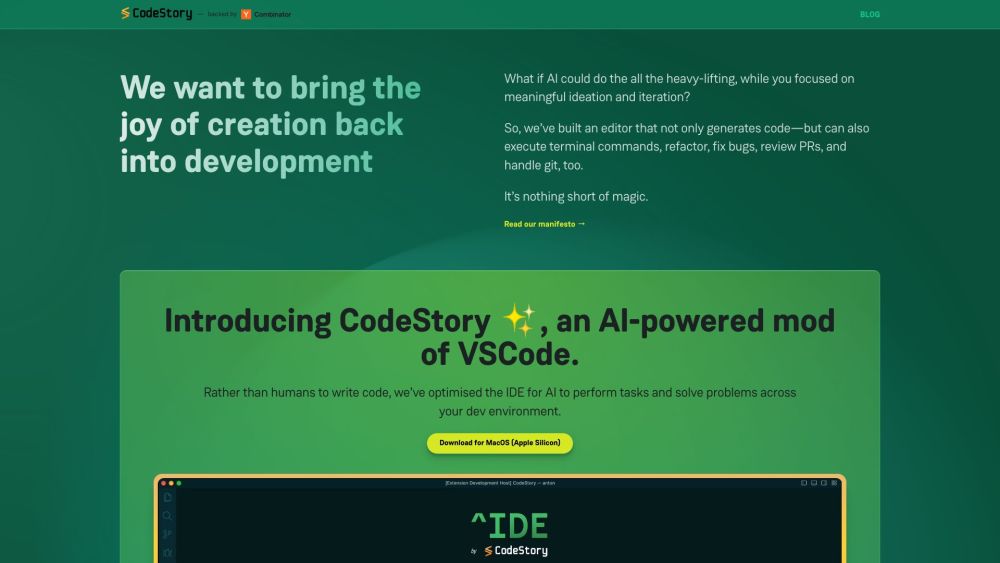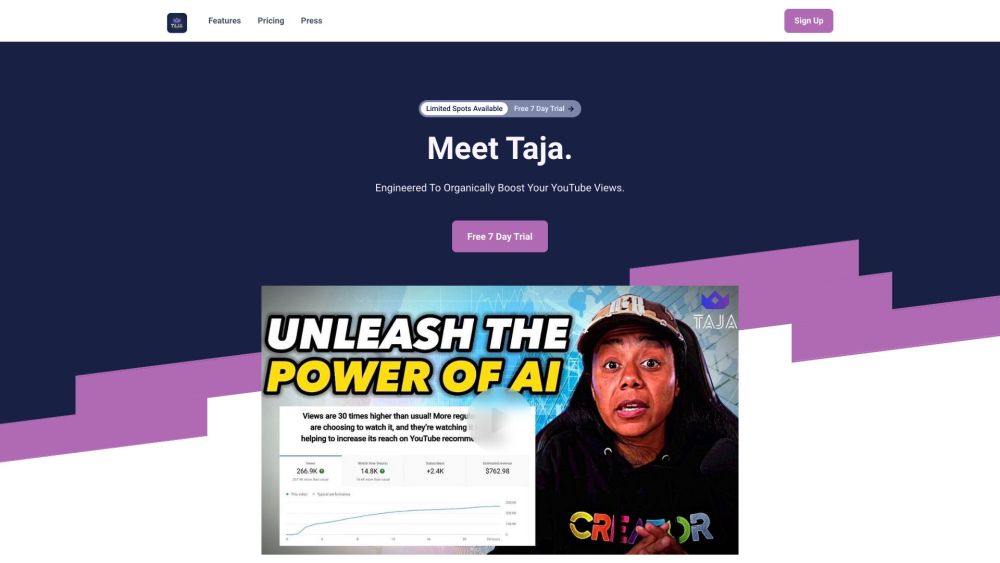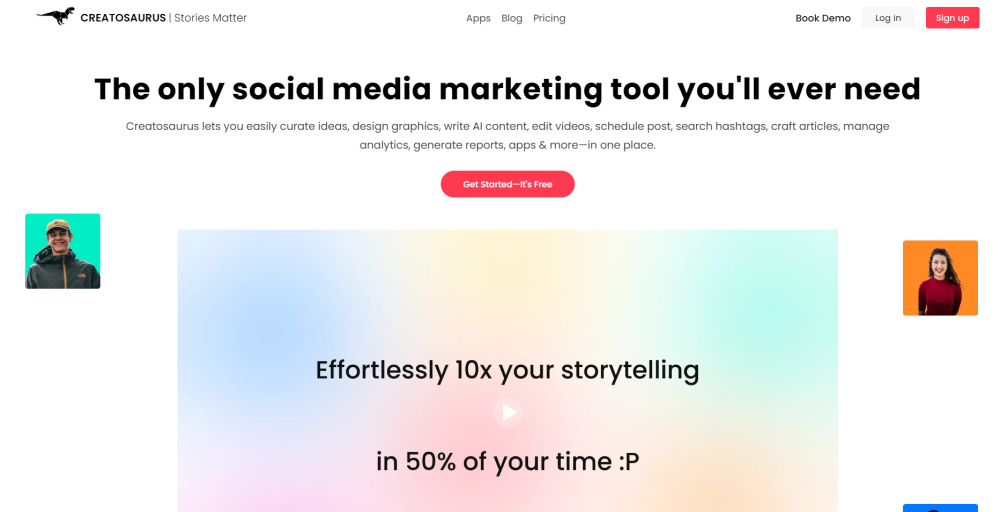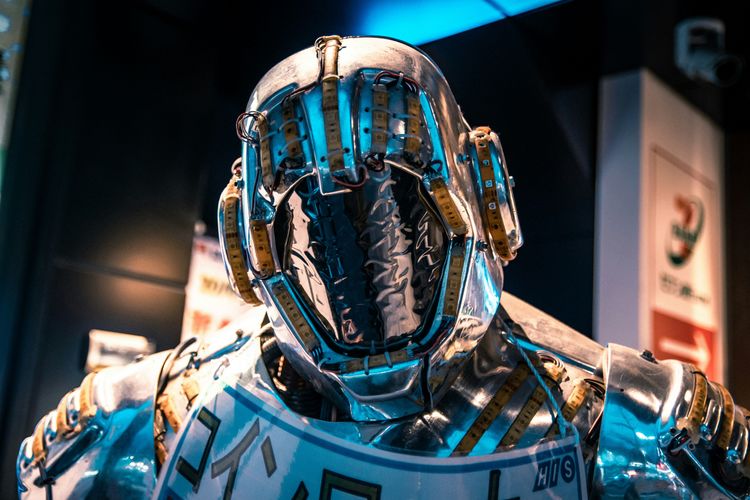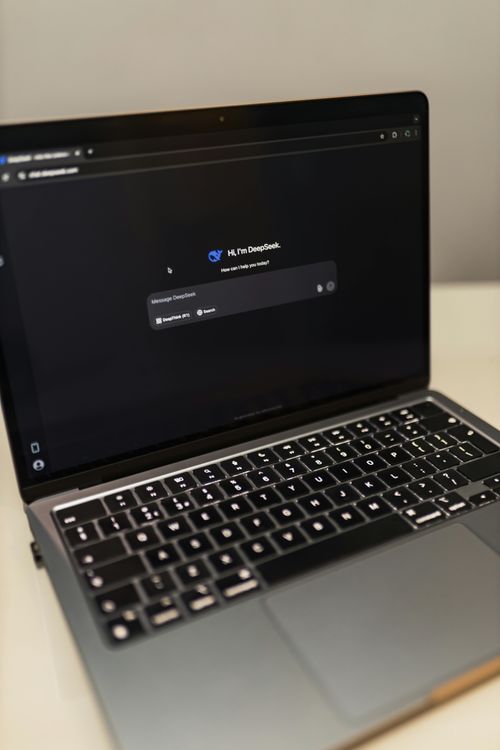Since OpenAI announced its transition to a fully for-profit company, it has faced significant opposition. Initially founded as a non-profit focused on AI safety, the decision has drawn criticism from advocacy groups, AI experts, and legal professionals. Encode, a youth-led organization, filed an amicus brief in support of Elon Musk’s lawsuit against OpenAI, backed by AI pioneer Geoffrey Hinton. Hinton expressed concerns that OpenAI’s shift could undermine its original safety commitments, warning of AI’s potential risks, including the possibility of human extinction within 30 years.
Encode argued that OpenAI’s move to a for-profit structure goes against its public safety promises. Sneha Revanur, Encode’s president, warned about the dangers of profit-driven AI development. OpenAI responded by claiming Musk lacks standing and that his motivations are tied to benefiting his AI company, xAI. The company currently operates as a capped-profit organization, but its planned transformation into a full-profit entity has sparked ethical concerns about balancing profit with AI safety.
Hinton’s support of the lawsuit underscores the broader debate over AI’s potential risks and ethical development. The outcome of this legal battle will likely influence future AI governance and the role of safety in technological innovation.
